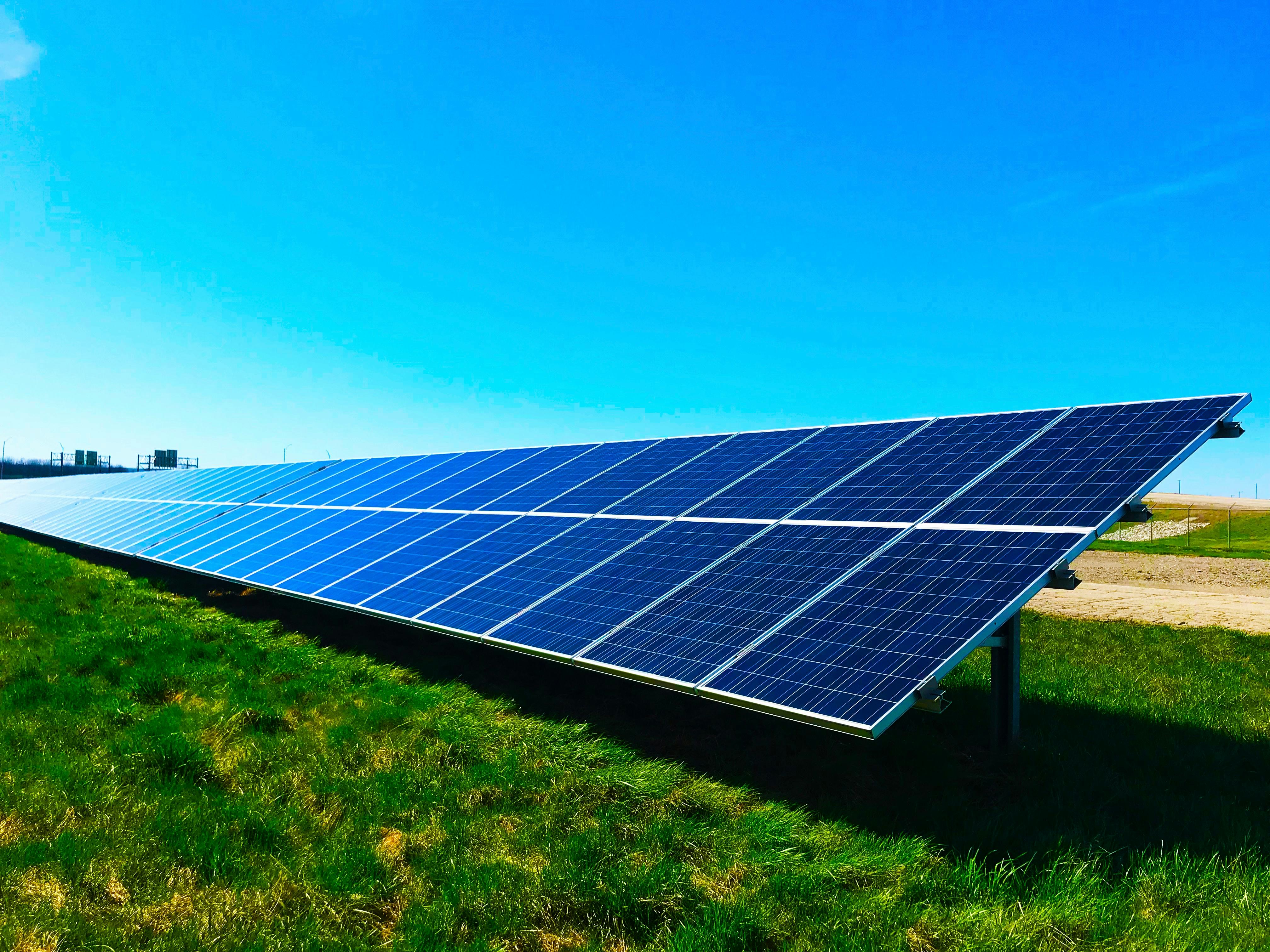Using a HELOC to Fund a Solar Panel Installation
Discover the financial benefits of using a Home Equity Line of Credit (HELOC) to fund your solar installation. Learn how a Figure HELOC can save you money and contribute to a greener future.
What is a HELOC?
A Home Equity Line of Credit (HELOC) is a flexible financial tool that allows homeowners to borrow against the equity in their home. Instead of receiving a lump sum, you access a line of credit and only pay interest on the amount you use. This makes HELOCs especially useful for home improvement projects like solar panel installations, where costs fluctuate.
How Does a HELOC Work?
HELOC Qualifications
To qualify for a HELOC, you’ll need sufficient home equity, good credit, and a stable income. Lenders typically offer HELOCs up to 85% of your home’s value minus any outstanding mortgage balance.
HELOC Interest Rates
HELOCs often feature variable interest rates, which can fluctuate over time. However, some lenders, like Figure, offer fixed-rate HELOCs for added stability.
Borrow Amounts
The amount you can borrow is based on your home’s equity, not the price of your solar installation. For solar installations, this flexible borrowing limit ensures you can finance your system and any other expenses you may need, as long as you have the equity.
Pros of Using HELOCs to Fund Solar Panels
1. Flexibility in Borrowing
You can borrow on flexible terms and also later redraw if additional work comes up.
2. Lower Interest Rates
Compared to personal loans or credit cards, HELOCs generally offer lower interest rates, helping you save on financing costs for your solar project.
3. Potential Tax Deductions
HELOC interest may be tax-deductible2: Navigates to numbered disclaimer if the funds are used for home improvements like solar panels. This provides additional savings when compared to other loan types.
4. Quick Access to Funds
With HELOCs, you can often access funds within days, allowing you to begin your solar installation without delays.
Cons of Using HELOCs to Finance Solar Power
1. Variable Interest Rates
HELOCs typically come with variable rates, so your interest payments may increase over time. However, Figure offers a fixed-rate1: Navigates to numbered disclaimer option to mitigate this risk.
2. Risk of Losing Your Home
Since your home serves as collateral for a HELOC, failure to make payments could result in foreclosure. Careful budgeting is essential to avoid this.
Alternative Solar Panel Financing Options
Solar Loans
Solar loans are designed specifically for financing solar installations. They may offer fixed interest rates but generally have shorter terms than HELOCs, resulting in higher monthly payments.
Home Equity Loans
Like HELOCs, home equity loans offer fixed rates but don’t allow for redraws if a future project comes up.
Cash Purchase
Paying in cash eliminates financing costs altogether. However, most homeowners may not have the liquidity to cover the high upfront cost of solar panels.
Solar Leases or Power Purchase Agreements (PPAs)
With these options, you lease the solar system or pay for the energy it produces. While this reduces upfront costs, you won’t own the system or benefit from tax credits.
Cash In on Solar Savings With HELOCs From Figure
By choosing a HELOC from Figure, you get a fast, flexible, and affordable way to finance your solar installation. With funding in as few as five days3: Navigates to numbered disclaimer and a fully online application process, Figure’s HELOCs offer convenience, competitive rates, and the potential for tax savings. Plus, with our fixed-rate HELOC option, you can avoid the uncertainty of rising interest rates while enjoying solar savings.
Additional FAQs
Is solar paid with a HELOC tax deductible?
Yes, if the HELOC funds are used for home improvements like solar panels, the interest may be tax-deductible.2: Navigates to numbered disclaimer
Can you use a HELOC to pay for solar panels?
Yes, a HELOC is an excellent option for financing solar installations, with potential tax benefits.
What are the different ways to pay for solar panels?
You can use a HELOC, solar loan, cash, home equity loan, or a solar lease/PPA to finance your system.
Can solar save you money?
Yes, solar panels reduce your energy bills, and with incentives like tax credits, you can offset the initial cost over time.
How much do solar panels cost?
The cost varies but typically ranges between $15,000 and $30,000 for residential systems.
